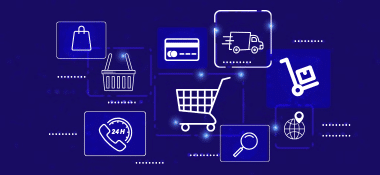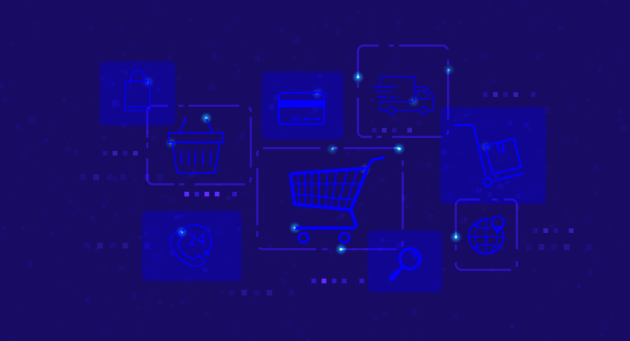Apple’s Worldwide Developers Conference (WWDC) is set to kick off on June 22, virtually of course, and this year, the advertising industry suspects big news is coming. In the same vein as Apple’s 2017 WWDC announcement about the sudden eradication of third-party cookies on Safari, one of this year’s main takeaways could well be the imminent end of the Identifier for Advertisers (IDFA) on iOS mobile devices.
In the advertising world, IDFAs have historically been used to stitch together events happening in the iOS app environment into coherent and device-centric user journeys. While potential changes to IDFA have been on the industry’s radar for some time, they could still have massive implications on the advertising industry for activities such as cross-device targeting, personalization, measurement and attribution, and more.
When WWDC crowds digitally gather across the globe on June 22, we can expect one of three scenarios to occur regarding IDFA.
The first and most drastic option would be that Apple announces IDFAs will no longer exist starting June 22 — or in the coming months. This would align with Apple’s previous announcement surrounding the abrupt deprecation of third-party cookies in Safari, which shocked the advertising industry at the time. Fortunately, many will have anticipated this change and begun preparations in advance. But that would still be drastic.
Another possibility is that IDFAs will continue, but with increased restrictions geared towards assuring user privacy. This wouldn’t cause as major a wave of change, but would likely require advertisers, publishers and their partners to adapt their practices.
And finally, there is a chance that IDFAs will remain intact with no real change or update. In this case, the advertising world will continue as it is, at least for the time being.
Whether Apple makes these changes now or in the future, the industry has realized for quite some time that the IDFA was not something to be relied on. Some commentators may see this change as another setback for AdTech. However, as we have seen with similar such changes in the past, advertisers don’t reduce their advertising budgets, they simply move them to where they can measure their return.
Criteo has been preparing for this for quite some time and AdTech in general will continue to adapt, as it always has before. It’s the app developers, and the end users who depend on their apps that will ultimately suffer from this change.
Between this potential news and Google’s upcoming deprecation of third-party cookies on Chrome over the next two years, the advertising industry is in the midst of real change. The systems of the past involving low-level technical elements that were not built with the advertising use case in mind should not simply be adapted, but re-invented to cater to today’s needs. We are in full support of a re-invention towards building a stronger ecosystem and will continue to contribute to innovations that enhance user privacy and enable transparency, choice and control — as well as help users engage positively with the brands and content they appreciate.
The industry solutions to the replacement of IDFA must commit to addressing the limitations of current identifiers in ways that respect user rights. An enhanced identity solution for advertising should enable auditable purpose segregation of information flows and provide users with controls over their advertising-data sharing preferences. Such an approach would regain users’ trust by providing transparency around how data is used and make it easier for users to understand the value they receive from the use of their data.
While there isn’t a clear road ahead for IDFA, third-party cookies, or online identity overall, we’re strong believers that the industry needs to converge towards solutions that protect user rights in customer-centric, open and flexible ways. It’s actually fascinating to see how much the ad industry is coming together to find common solutions to better the advertising ecosystem as a whole.
And we’re thrilled to be leading the industry in working through these solutions with Google. The first of our contributions is our SPARROW proposal, which enhances Google’s initial suggested approach for privacy-driven personalization based on interest group targeting. We appreciate the initial discourse around our proposal and believe this type of open collaboration within the industry is a positive step in the right direction.
As contributors to this ecosystem, we will continue to be flexible — not only by proposing solutions, but also adapting our approach based on input from partners across the ecosystem. We look forward to continuing our contributions to building a better customer-centric ecosystem and will help our clients and partners adapt to the changes as the industry evolves and moves forward.
While the door of IDFA will likely close soon, the window of opportunity to create better solutions is wide open.
















